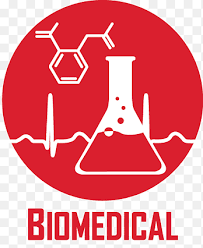
Introduction
Biomedical engineering is essential to healthcare, merging technology with medical knowledge. This field involves designing devices like prosthetics and diagnostic tools, advancing tissue engineering, biomechanics, and medical imaging to improve patient care and outcomes.
Role in Modern Healthcare
- Biomedical engineers design medical devices such as:
- Diagnostic equipment
- Prosthetic limbs
- Assistive technologies
- These devices improve diagnostics and patient outcomes.
Tissue Engineering
- Combines biology and engineering to:
- Regenerate tissues
- Replace damaged organs
- Advance personalized medicine
Biomechanics
- Studies the mechanical properties of biological systems:
- Helps in designing orthopedic implants
- Optimizes rehabilitation protocols
- Prevents musculoskeletal injuries
Medical Imaging
- Advances in imaging technology help:
- Develop MRI, CT scans, and ultrasound
- Improve diagnosis accuracy
- Facilitate better treatment planning
Challenges in Biomedical Engineering
- Interdisciplinary collaboration is vital for success.
- Key challenges include:
- Ensuring safety of medical devices
- Regulatory compliance
- Addressing ethical considerations
Future Prospects
- Emerging technologies like:
- 3D printing
- Nanotechnology
- Artificial Intelligence
- Will revolutionize healthcare by improving personalized medicine and early diagnosis.